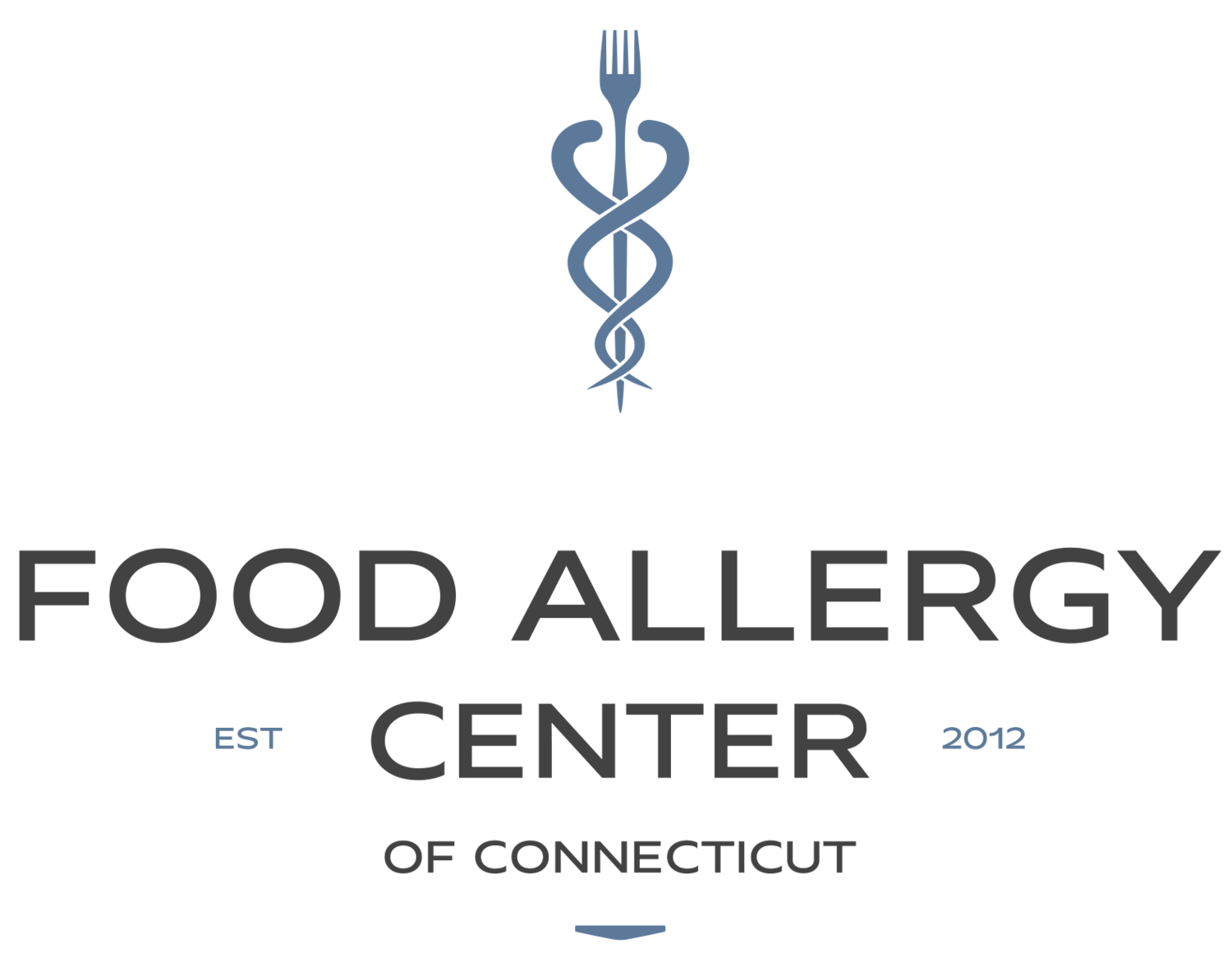
MILK AND EGG IMMUNOTHERAPY
THE PATIENT NEED
About 2.5% of US children are allergic to cow’s milk, and 1.3% are allergic to eggs. While these allergies often resolve over time, restriction of these from the diet can be quite difficult and can lead to nutritional deficiencies. Egg and milk allergy are often not life threatening, but they can be, and the pervasiveness of these foods can make these allergies some of the most difficult to deal with. The knowledge that a tiny amount of an allergic ingredient could create a serious medical problem is an uncomfortable and frightening feeling, to say the least. Our goal is to minimize or eliminate that fear and danger.
WHAT IS ORAL DESENSITIZATION?
The traditional approach to food allergy is avoiding the food to which one is allergic, and keeping medications available for emergency use. Oral Immunotherapy involves cautiously eating the food to which one is allergic, while being monitored in your allergist’s office. The initial dose is very small, so that it is unlikely to trigger an allergic reaction. The amount of food consumed is slowly increased over time. As this desensitization process occurs under the supervision of your allergist, if an allergic reaction occurs, the symptoms are promptly treated by the allergy staff.
WHAT IS THE GOAL OF THE TREATMENT?
The goal of Oral Immunotherapy (Desensitization) is not to allow a person to regularly consume the allergenic foods at any time, i.e. tolerance. Instead, the program is designed to increase the amount of food it takes to trigger a worrisome allergic reaction. This creates a safety net in case of accidental exposure. Patients should continue to avoid the foods to which they are allergic other than in their treatment doses.
Oral Immunotherapy has been successfully accomplished at research centers and private practice settings for peanuts, tree nuts, sesame seed, egg, cow’s milk, and other foods. Allergy and Asthma Care of Fairfield County has established the Food Allergy Center of Connecticut, dedicated to the treatment of food allergy. We offer a food allergy desensitization program for individuals who are allergic to peanut, tree nuts, sesame seed, egg, cow’s milk, and several other foods. Multi-food desensitization may be added in the near future.
FOR MORE INFORMATION
We welcome the opportunity to discuss our Center’s protocols and procedures with you. Simply contact us to schedule a consultation. We look forward to hearing from you!
You can also download our brochure from the American College of Allergy, Asthma and Immunology that discussed oral immunotherapy. The brochure discusses peanut oral immunotherapy, but the process and principles are very similar for other foods including milk and egg.
FAQS
How old must one be to participate?
A child must be at least 4 years of age and mature enough to notify the parent/physician of symptoms suggestive of an allergic reaction during the desensitization process.
What is the success rate?
Studies and allergists across the country report the vast majority of individuals are successful, although there are often “bumps along the way.”
What are the most common symptoms during build-up?
Upset stomach, nausea and less frequently vomiting. Itching of the mouth/throat may occur. Rarely severe allergic reactions may occur. Some patients(less than 5%) develop increased number of cells, called eosinophils, in their esophagus (Eosinophilic Esophagitis). It is unknown if this is an incidental finding or caused by the peanut desensitization., but cases caused by oral immunotherapy should resolve once peanut is removed from the diet.
